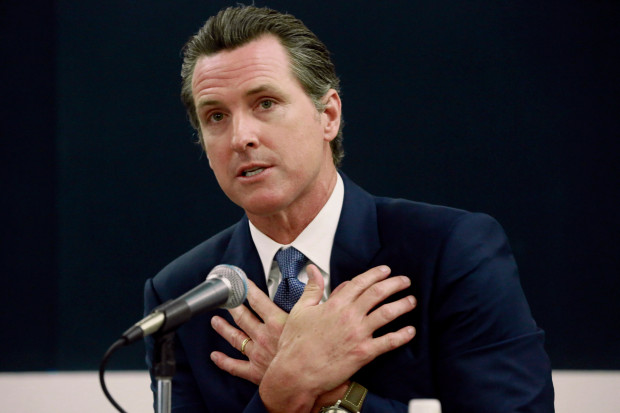With four months left until full legalization, the apparatus to regulate commercial cannabis sales in California is being built on the fly.
Up to 82 people must be hired. Software must be written to accept applications of thousands of entrepreneurs hoping to legally sell marijuana. Regulations governing sales aren’t fully cooked.
Welcome to Lori Ajax’s world. She is the director of the California Bureau of Cannabis Control (formerly the Bureau of Medical Cannabis Regulation aka BMCR or, colloquially, “Bummer”), having worked 22 years at the Department of Alcoholic Beverage Control.
She readily acknowledged during a meeting with The Sacramento Bee editorial board that California’s regulatory scheme is a work in progress.
Like most initiatives, the measure, promoted by Lt. Gov. Gavin Newsom and largely funded by entrepreneurs who intend to profit from legalized weed, left the details to be worked out by others. Legislation passedas part of the 2017-18 budget filled in some blanks. But much is to be determined:
▪ California growers produce far more marijuana than residents consume. However, it’s not clear that there will be sufficient amounts of product properly tested for pesticides, mold and potency for retailers to sell starting on Jan. 2.
▪ UC San Diego has embarked on a study to determine when users can and cannot safely drive. That study won’t be completed for another year.
▪ The state has not yet started accepting applications for the licenses. That won’t begin until the end of the year. Licenses will be temporary because the state won’t have time to check individuals’ backgrounds.
Sacramento and Davis have begun working on local regulations. But few of California’s 58 counties and 482 cities have begun working on ordinances to implement the initiative, and that could be a problem, Tim Cromartie of the League of California Cities told an editorial board member.
Ajax anticipates a tourist trade will arise in California. Some bed-and-breakfast operators have suggested “bud and breakfasts,” for example. That raises a health-related incongruity.
California has a strict a statewide ban on smoking cigarettes and vaping in workplaces, including at bars and restaurants. But smoking or vaping weed apparently would be permitted at cannabis retailers, if local authorities grant permits for on-site use.
Proposition 64’s backers boldly promised that the initiative would create a safe and comprehensive system allowing adult use of marijuana while keeping it away from kids. promised there would not be a gold rush. But of course, there is. Entrepreneurs who funded it have hired top lobbyists to shape regulations to ensure a handsome return on their investment.
We opposed Proposition 64, out of concern about the public health implications of commercializing a mind-bending product. We remain skeptical, but hope Ajax succeeds, understanding she and her staff have the seemingly impossible task of designing, building and operating this regulatory contraption, all at the same time.
credit:420intel.com



